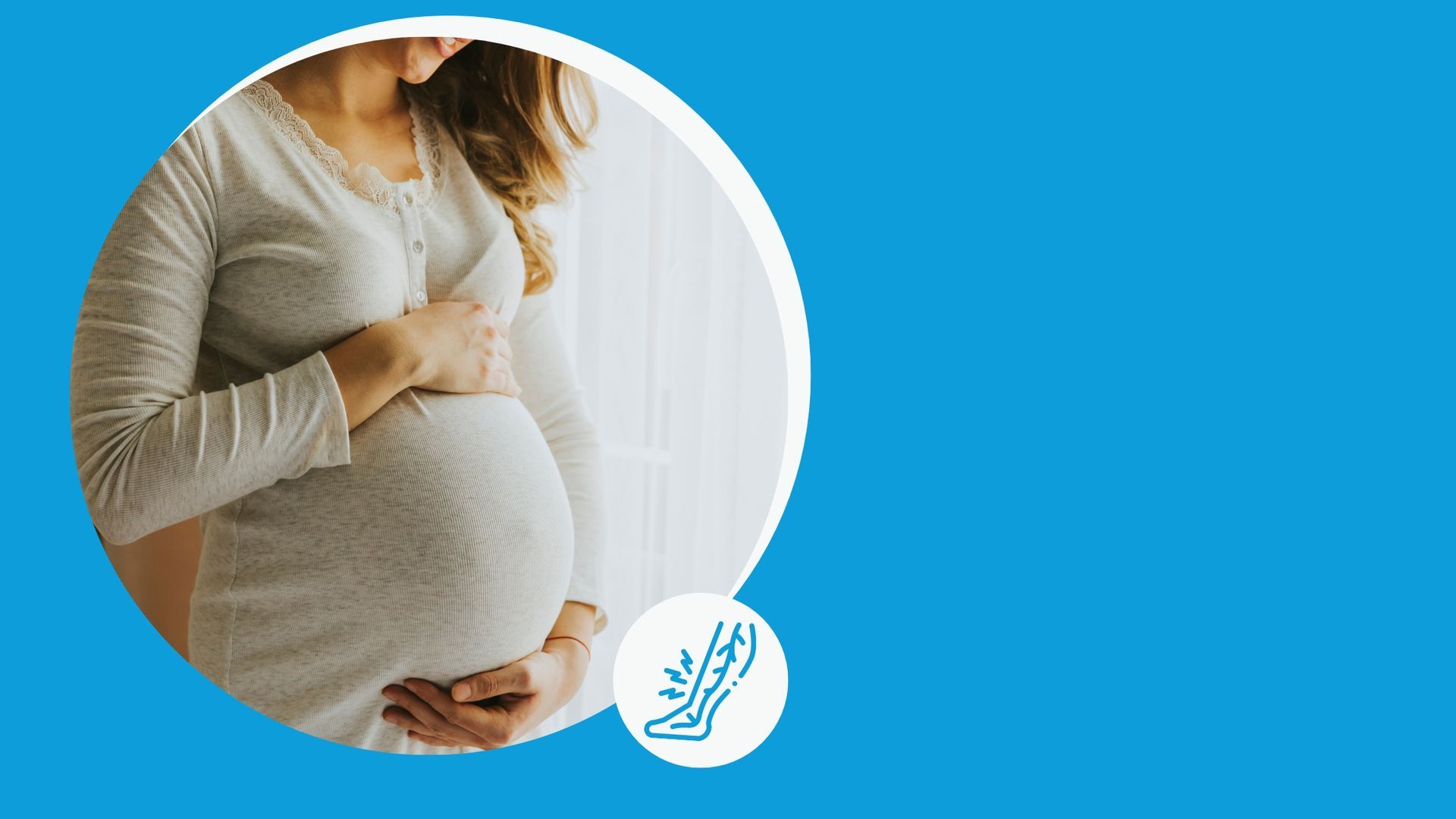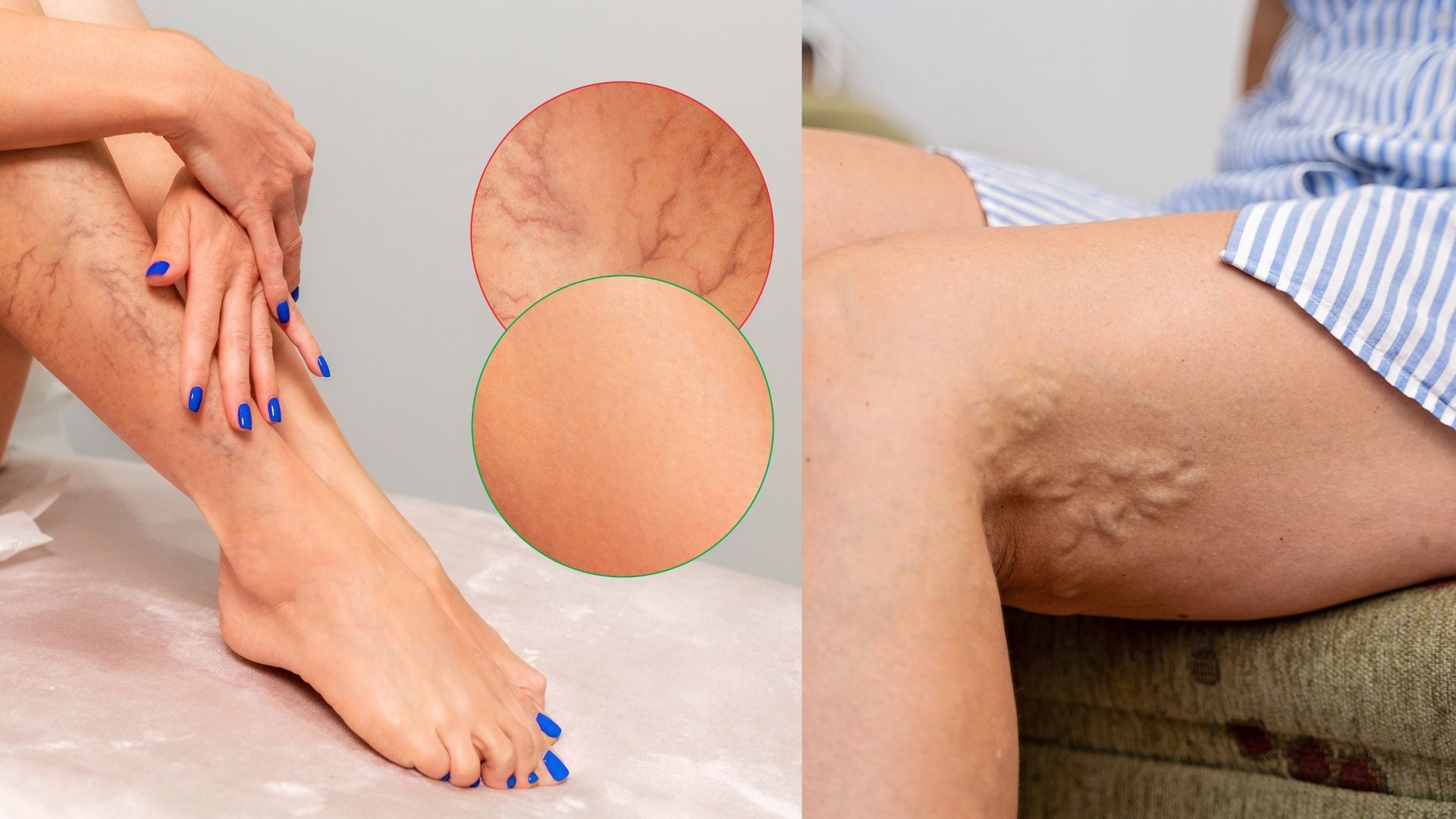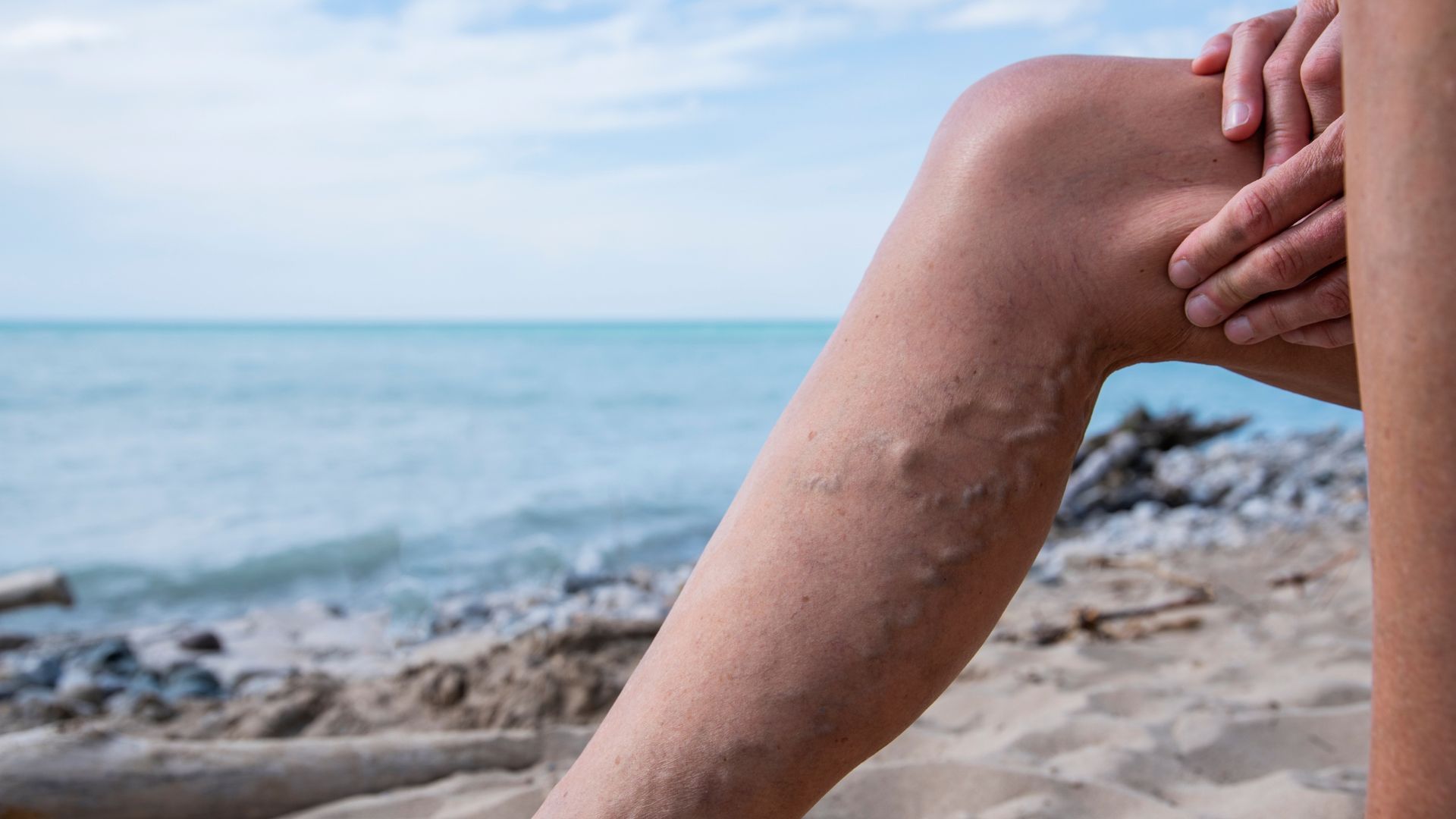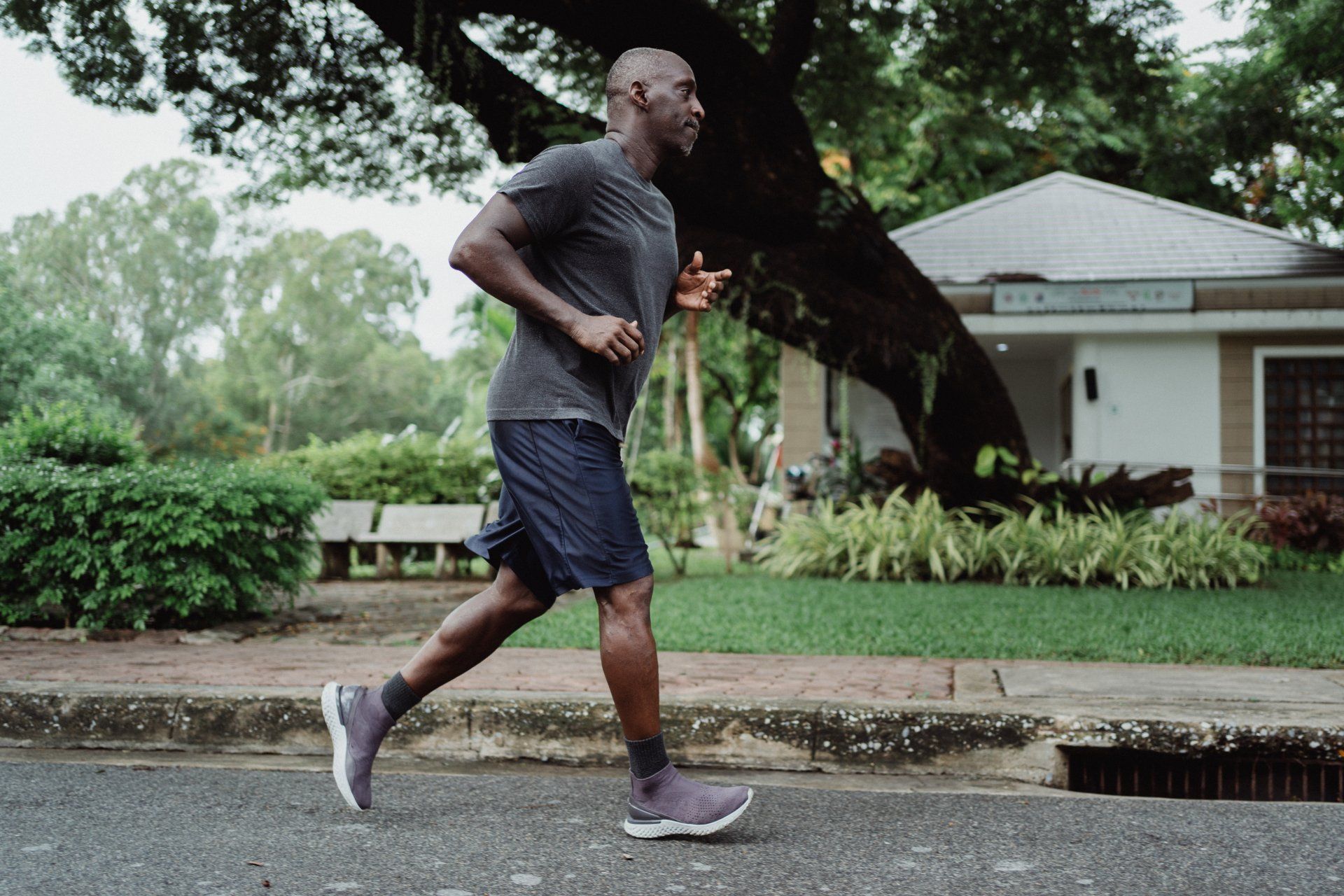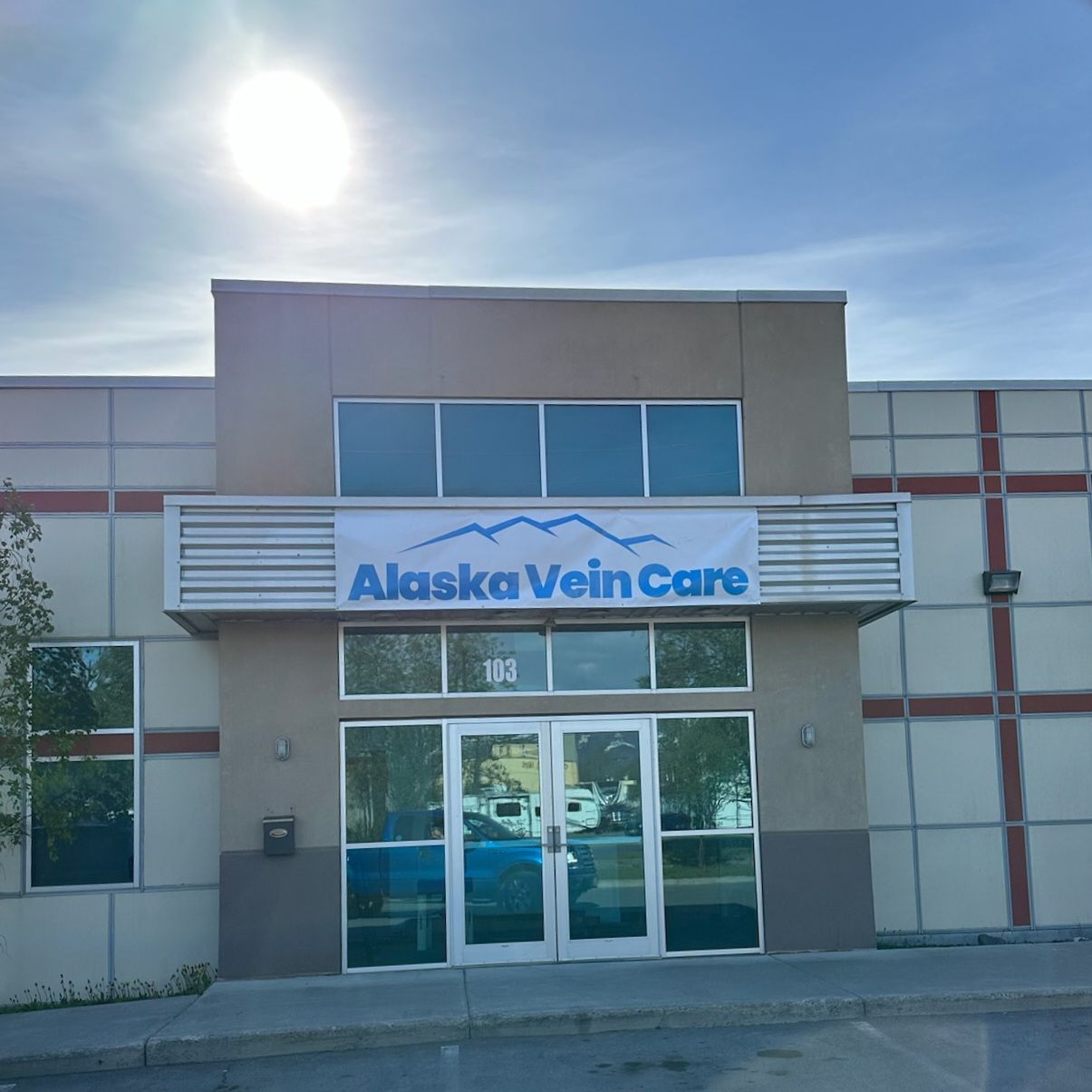Venaseal: Everything You Need To Know Before Considering It
What Is VenaSeal?
VenaSeal is a unique and minimally invasive treatment for patients suffering from varicose veins. It involves using a medical glue to close the affected vein and is ideal for people who don't want to experience a lot of down-time after treatment.
The Treatment Process
Prior to the procedure, the doctor uses an ultrasound to map out the damaged veins in the patient's leg. This helps he or she identify which ones to treat. Although varicose veins can appear on the surface of the skin, they are occasionally not visible without imaging technology.
During the procedure, a doctor will guide a catheter through the skin and into the vein. The surgeon then delivers a small amount of the medical glue to close the vein. After the procedure, the blood is then re-routed to the other healthy veins in the leg.
How VenaSeal Is Revolutionizing Vein Treatment
The VenaSeal system is the first and only non-sclerosant, non-tumescent, and non-thermal procedure that uses a medical adhesive to close a vein. This unique approach minimizes the risk of nerve injury during the treatment of small saphenous veins, which are sometimes treated using thermal methods. According to clinical studies, the procedure is safe and has been proven effective.
One of the biggest complaints heard from patients after thermal procedures is the pain that lingers. Using short bursts of focused heat is effective, but makes the recovery period more painful for some patients. VenaSeal helps avoid this discomfort and allows people to return to their normal activities almost immediately.
Minimally Invasive
One of the most common methods of treating varicose veins involves using several needles to close the affected vein. With the VenaSeal system, only one stick is needed to close the vein.
Mild Procedure Discomfort
Other procedures that use laser or heat to treat varicose veins can cause discomfort. With the VenaSeal system, patients usually report feeling mild, if any, discomfort as the doctor applies the medical glue to close the vein.
Reduced Downtime
The recovery period for VenaSeal patients is usually shorter than that of other procedures. They can return to their regular activities usually within a day. Recovery times can vary if additional phlebectomies are needed. But for those only needing VenaSeal, recovery is quite fast.
More Time Living, Less Time Wearing Compression Stockings
After the VenaSeal procedure, most patients do not need to wear compression socks as the veins are completely covered in the medical adhesive. This eliminates the need for additional healing by using stockings.
Benefits Of VenaSeal
Minimally Invasive
Some of the other most common methods of treating varicose veins involve using several needles to close the affected vein. With the VenaSeal system, only one stick is needed to close the vein.
Mild Procedure Discomfort
Other procedures that use laser or heat to treat varicose veins can cause discomfort. With the VenaSeal system, patients usually report feeling mild, if any, discomfort as the doctor applies the medical glue to close the vein.
Reduced Downtime
The recovery period for VenaSeal patients is usually shorter than that of other procedures. They can return to their regular activities usually within a day. Recovery times can vary if additional phlebectomies are needed. But for those only needing VenaSeal, recovery is quite fast.
More Time Living, Less Time Wearing Compression Stockings
After the VenaSeal procedure, most patients do not need to wear compression socks as the veins are completely covered in the medical adhesive. This eliminates the need for additional healing by using stockings.
Is VenaSeal Covered By Insurance?
Since VenaSeal is one of the latest treatments for varicose veins, it is usually not covered by most private insurance policies. Before you undergo the procedure, it’s important that you speak with a representative at your insurance company to learn more about coverage. We can also help walk you through many of the scenarios we have seen. There are some cases where patients have received coverage for it and we can help you determine if it's something that may be covered in your situation.
If VenaSeal is not covered by your insurance, you may want to speak with a specialist about the possibility of receiving vein treatment through an ablation procedure known as RF or "radiofrequency ablation." This is considered an effective alternative to traditional phlebectomy for patients with chronic venous insufficiency. Many insurances cover it and with the newest technology, we are able to perform this procedure without much post-procedure discomfort.
If you're in the Kenai, Juneau, Wasilla, or Anchorage areas and need any assistance with vein treatment, please use the call now button in our top menu, or submit a contact form. We'd be happy to schedule you with one of our world-class vein specialists.
The contents of this article are for educational purposes only. Consult with your specialist or primary care provider if you have questions about any medical issues.
Articles
